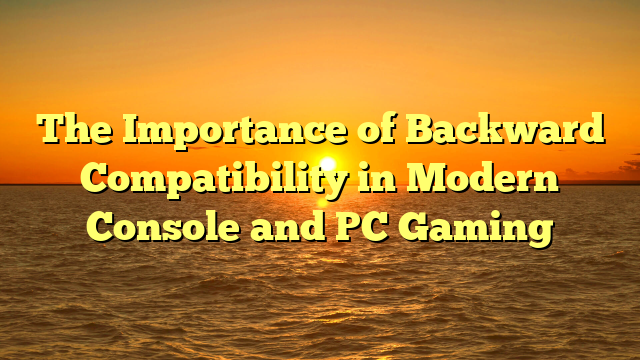Backward compatibility has become a major selling point for both PC and console ecosystems. For PC gamers, this feature has long been the norm—players botak bet can often run decades-old games with minimal issues, thanks to open hardware and software environments. Emulators, compatibility settings, and community patches help preserve older titles while ensuring they remain playable on modern systems.
For consoles, backward compatibility has evolved dramatically. The PlayStation 5 and Xbox Series X both support extensive libraries from previous generations, allowing players to revisit classics without keeping older hardware. Xbox in particular has taken backward compatibility seriously, enhancing older titles with improved frame rates, HDR support, and faster loading times.
Backward compatibility provides tremendous value. Players can revisit nostalgic favorites, maintain digital libraries, and enjoy improved performance without repurchasing games. It also preserves gaming history, allowing iconic titles to remain accessible long after original hardware becomes obsolete.
As digital ecosystems grow, backward compatibility will continue to ensure longevity and preserve the cultural heritage of gaming.
